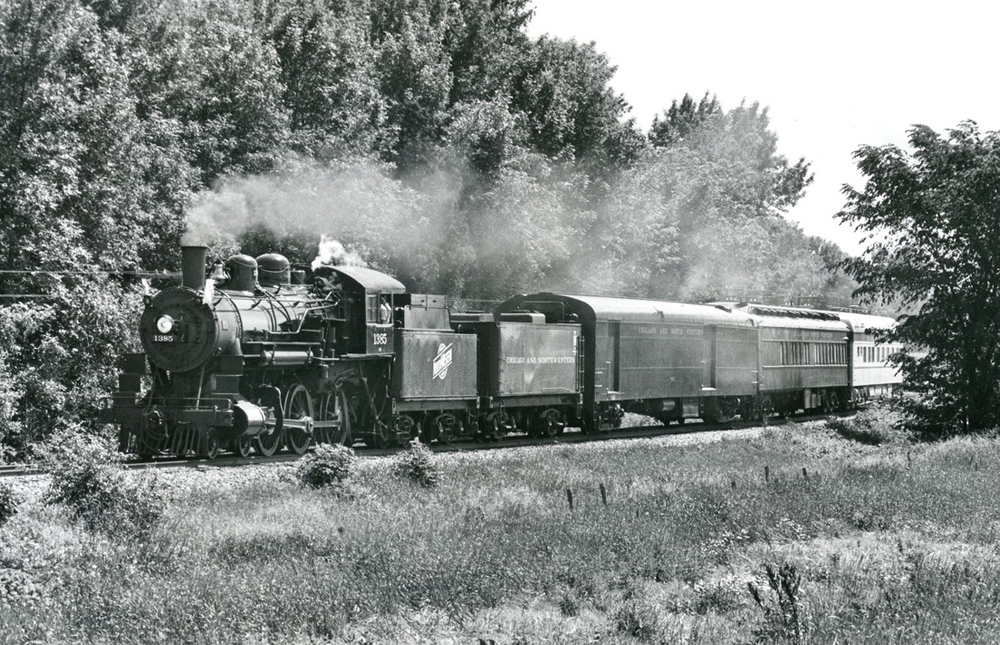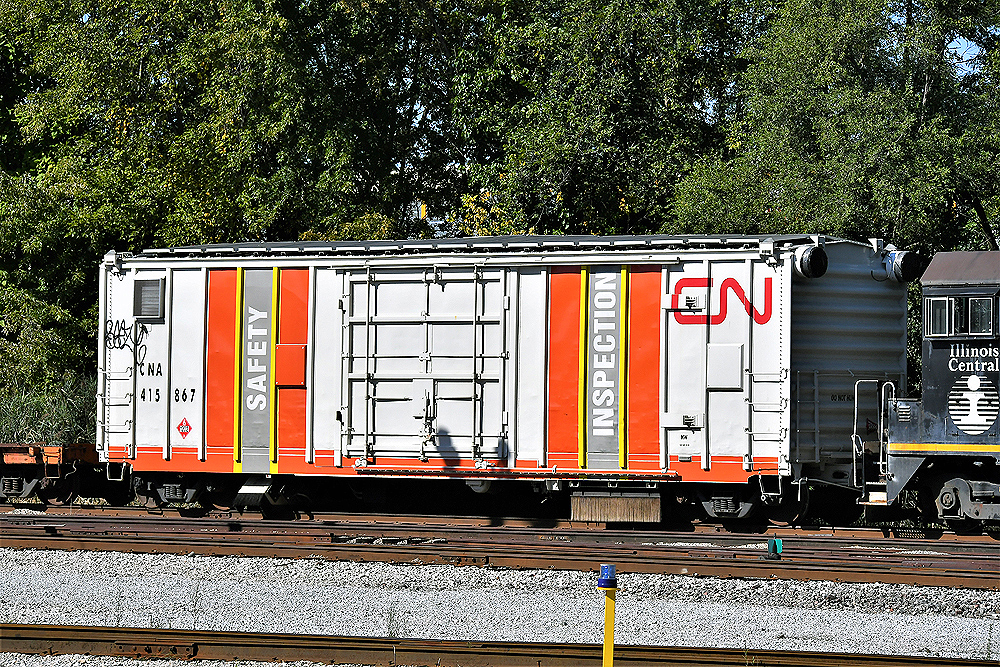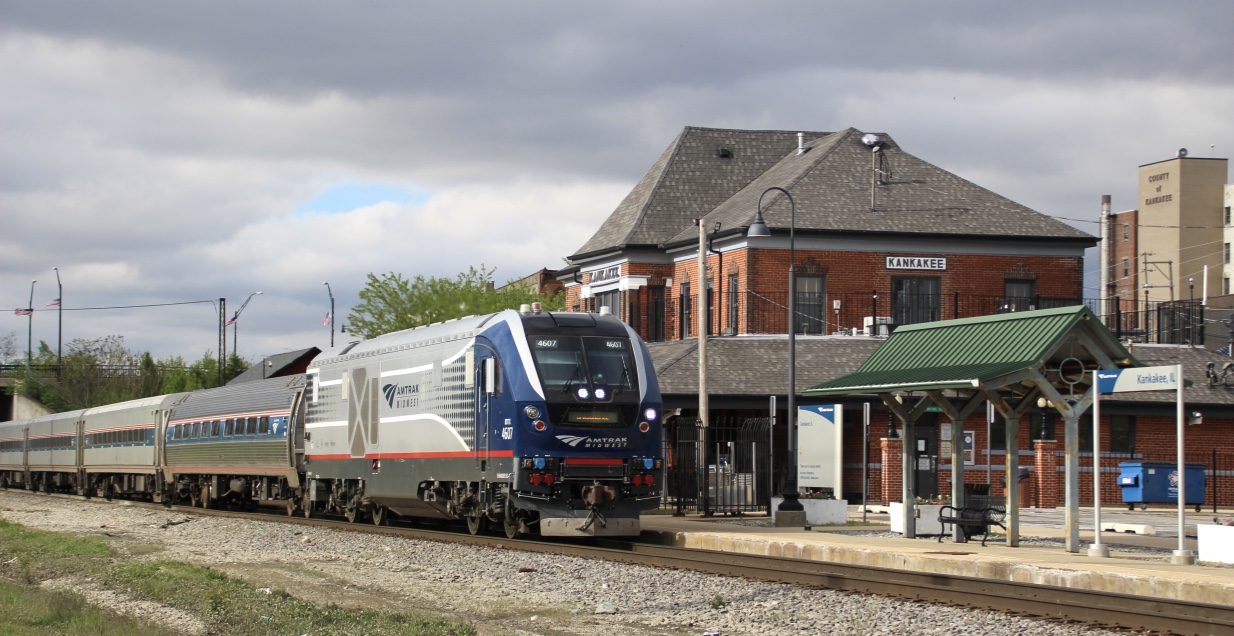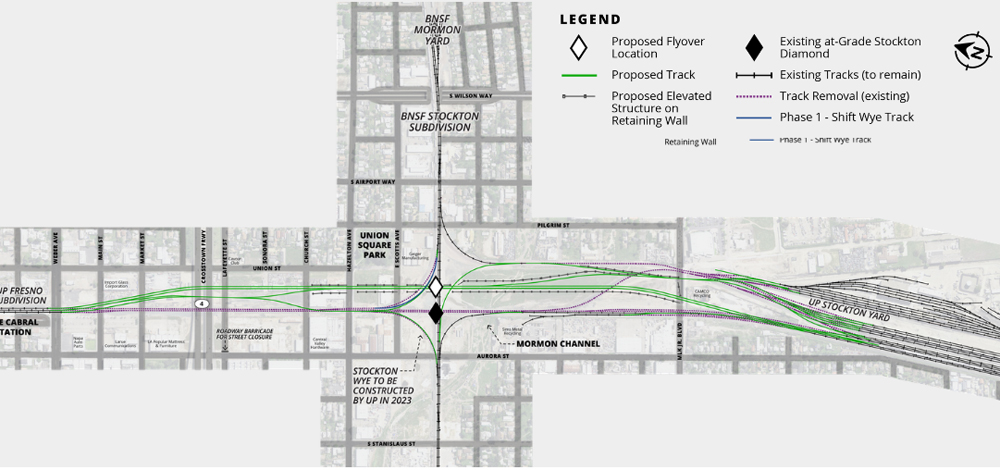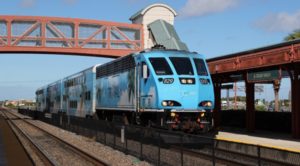
Tri-Rail to add trains as of Sept. 16
South Florida’s Tri-Rail will increase commuter rail operations as of Sept. 16, and plans to reinstate fare collection as of Oct. 1. The agency announced the train will begin operating 35 trains on weekdays and 15 on weekends and holidays, increasing peak-period weekday service and reducing times between weekend trains to two hours. The current schedule, reflecting service reductions because of the COVID-19 pandemic, includes 26 weekday trains and 12 on weekends and holidays. The schedule allows the system to operate four-car trains in peak periods and three-car trainsets in off-peak periods to aid social distancing. Fare collection has been suspended since March 28.
Wilmington city council to consider another step in CSX relocation project
The Wilmington, N.C., city council will vote this week on a feasibility study for a rail realignment project which would move a CSX Transportation freight line across Cape Fear from the city and repurpose the existing line for light rail service. The Port City Daily reports the council will vote Tuesday on whether to approve a $115,000 contract with Strategic Finance & Marketing Consultants on an economic feasibility study for the proposal. The proposed plan, which could cost up to $1 billion, would move CSX traffic off a line featuring a 10-mph speed restriction for moveable bridges and a 5-mph curve [see “Wilmington, N.C, plans studies for possible $1 billion relocation of CSX line,” Trains News Wire, Jan. 20, 2020]. The city has previously approved a $2.5 million engineering study for the project.
High speed authority OKs Central Valley Wye, completing environmental process for valley segment
The Central Valley Wye, the junction where the line to San Francisco for California’s high speed rail system will meet the initial Bakersfield-Merced segment, was approved last Thursday by the California High-Speed Rail Authority. The Fresno Bee reports approval of the junction near Chowchilla, Calif., means the environmental reviews are now complete for the entire 171-mile Central Valley segment of the high speed project, the only portion currently assured of being built. The approval came more than eight years after the rest of the valley route was OKed.






